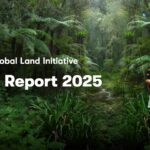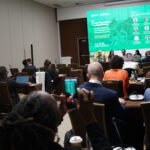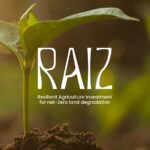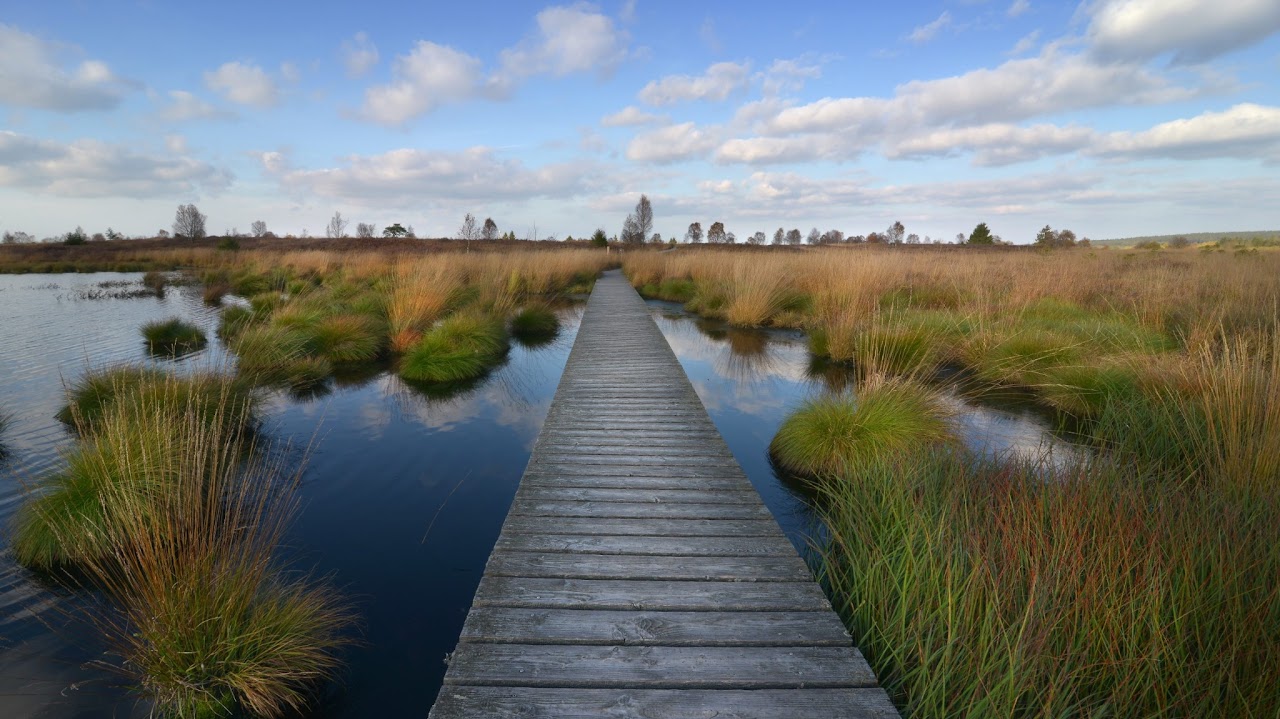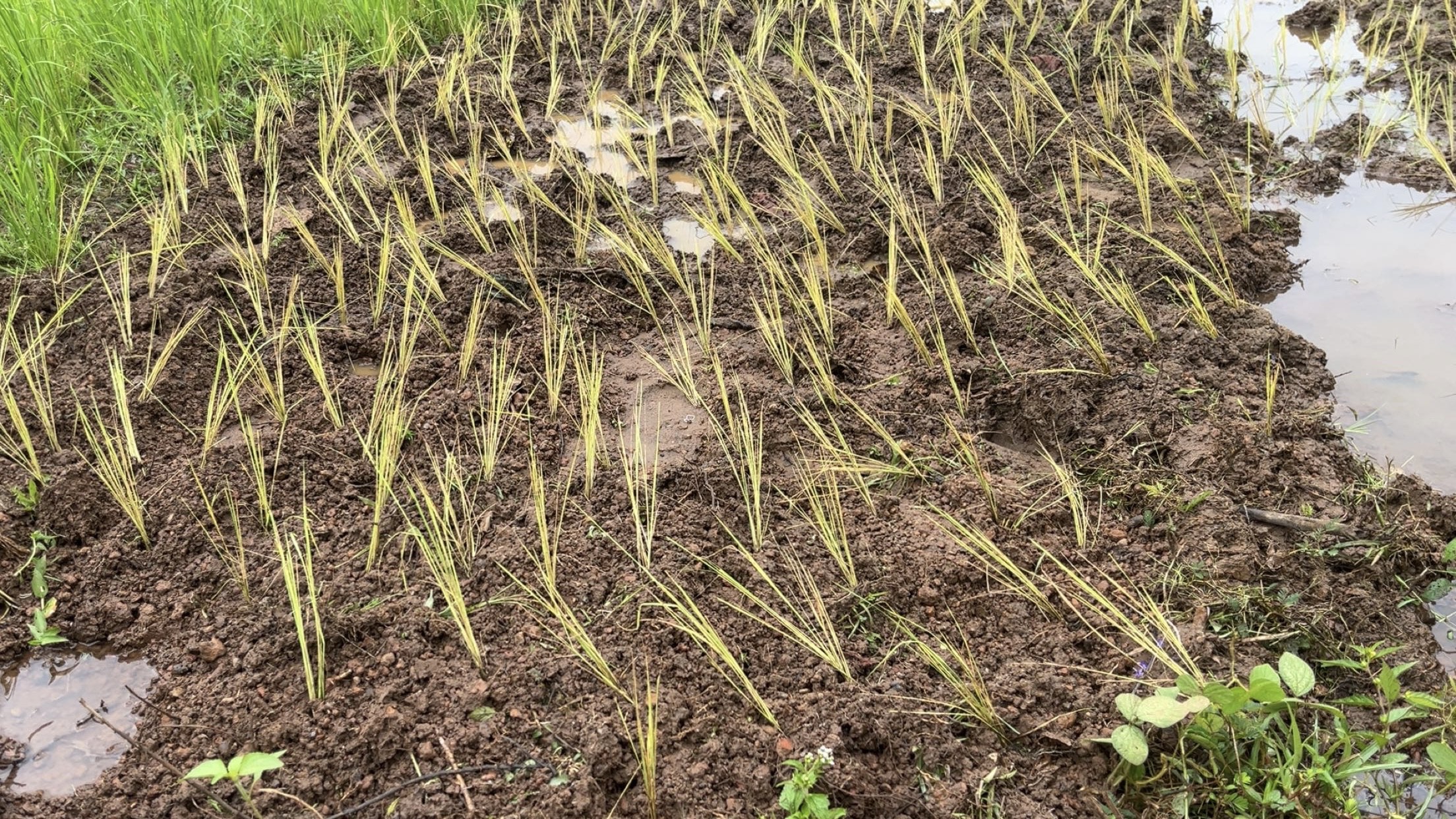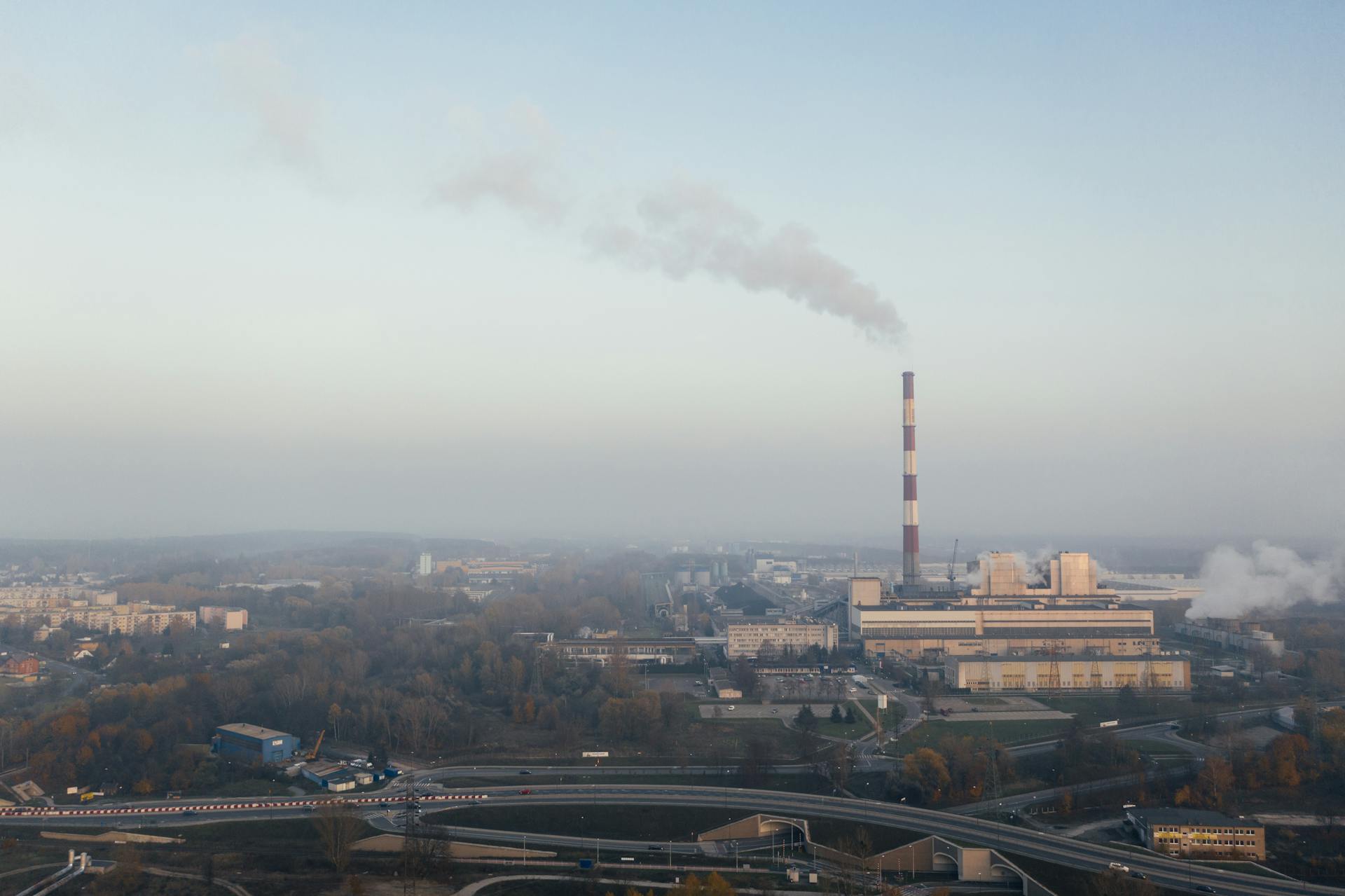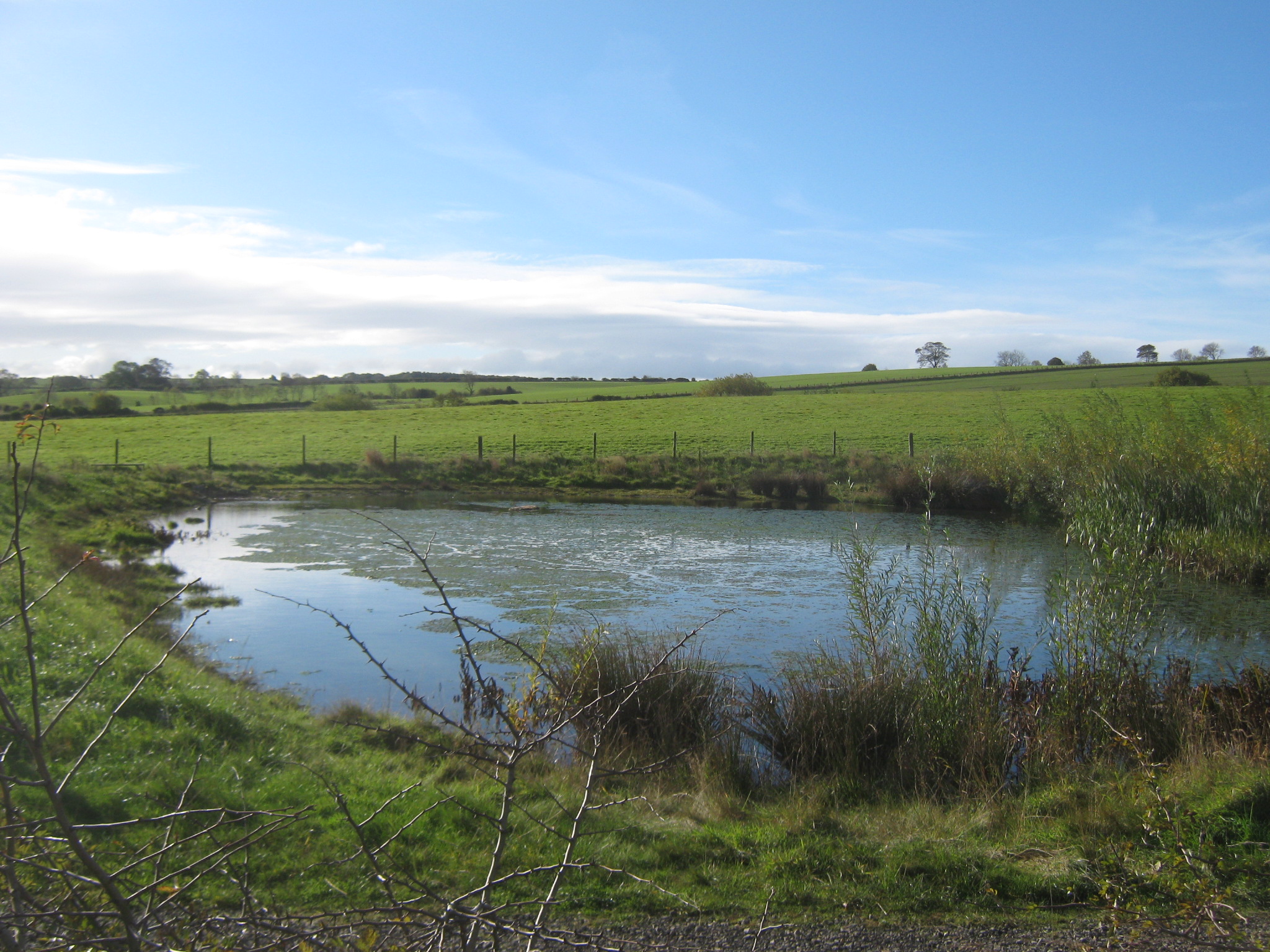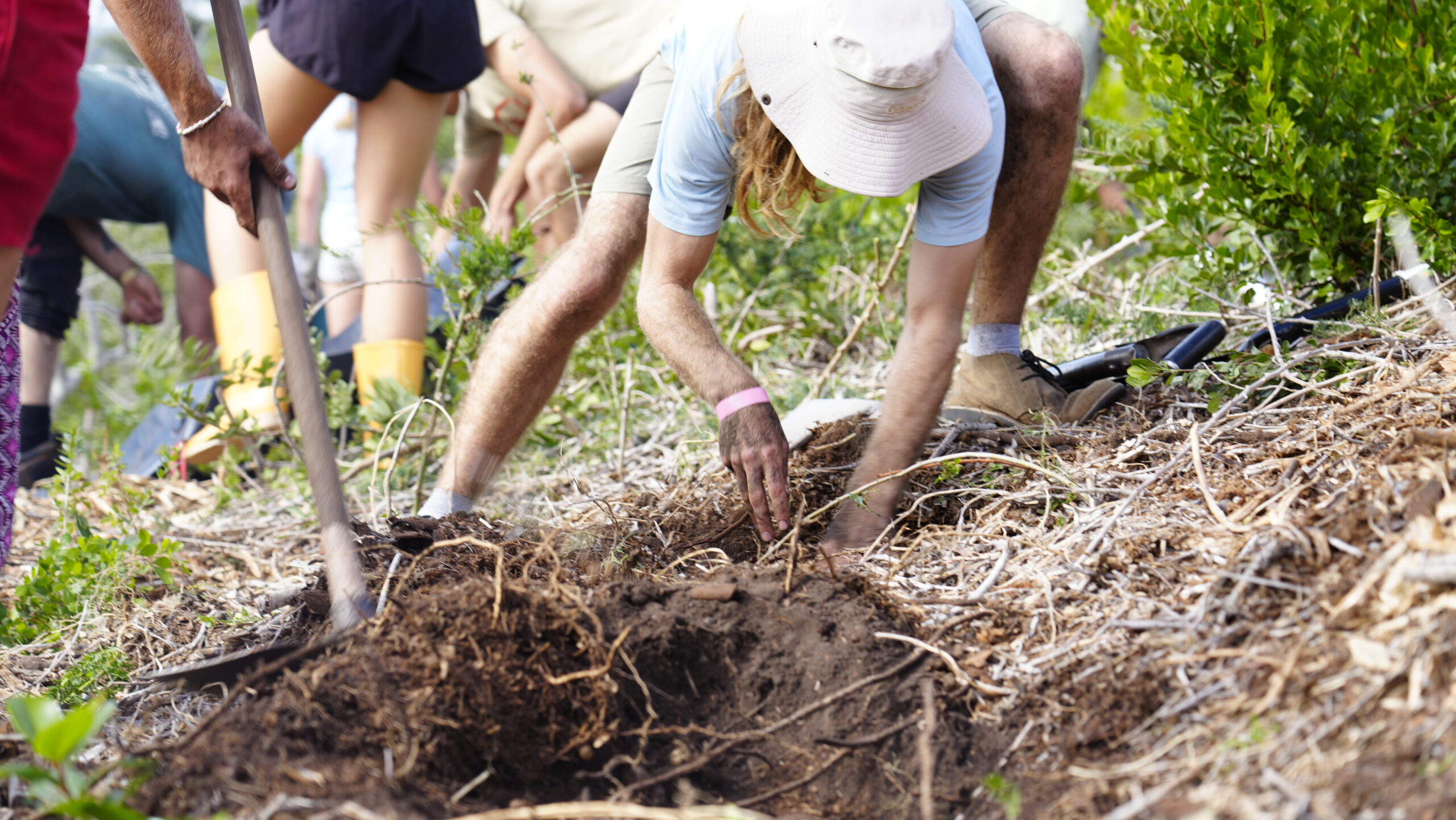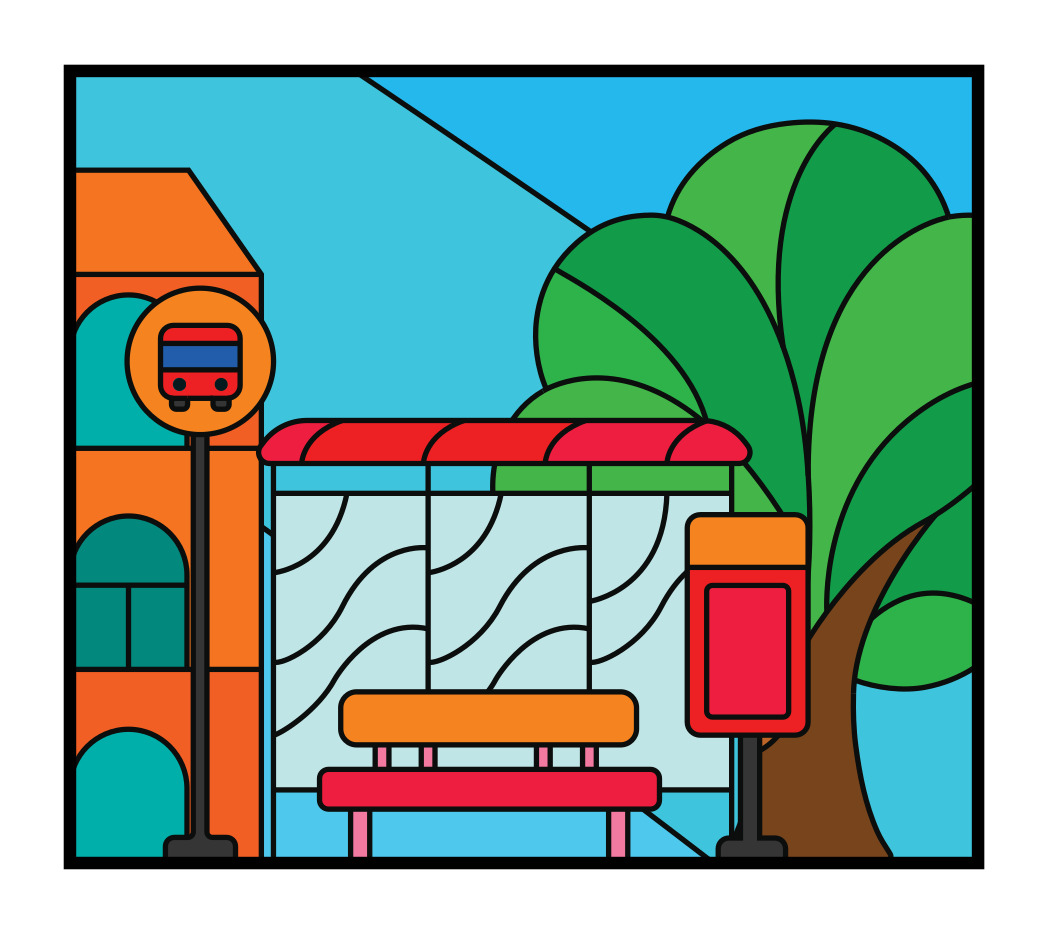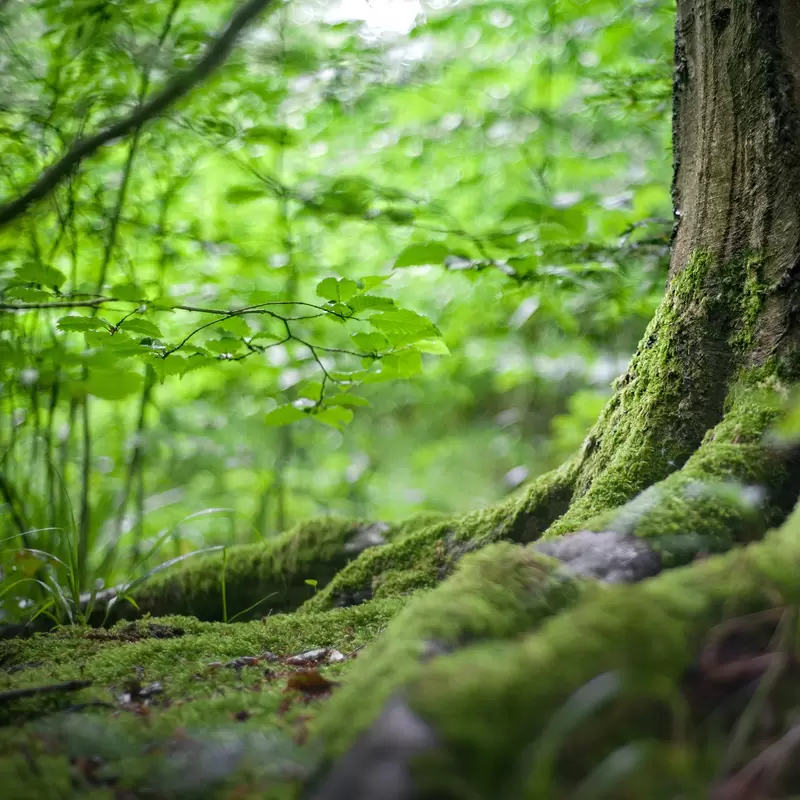Stocktaking on Sustainable Urban Land Restoration in Cairo
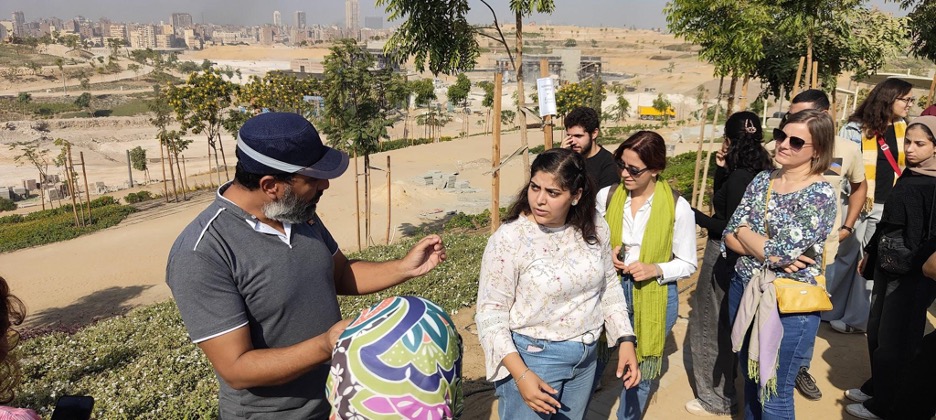
Photo credit: UNCCD/G20
How can we define and monitor sustainable urban land restoration? What does innovation in land restoration mean in an urban context? Have we covered all topics for teaching the subject: Innovations in Sustainable Urban Land Restoration ? These were some of the questions our group of University professors and experts asked during our recent 3,5 day mid-course stocktaking workshop at Ain Shams University, Cairo, Egypt as part of the development of our next course:
“Trigger Change! Innovation in Sustainable Urban Land Restoration” to be launched in April, 2025.
This transdisciplinary course is being developed as a flexible transdisciplinary elective course that can be included in any urban planning / architecture / environment-related university programme worldwide, or for training institutions. It will be open source and will consist of lectures, case study materials, a course manual with numerous on-line training sessions to support educators who wish to teach the course at their university.
One of the workshop highlights was a visit to the urban restoration site: Al-Fustat, in the heart of Cairo. The area had been a dump site for construction materials but also home to 15,000 informal settlers who were given ownership to apartments elsewhere. The plan is to create a green urban lung, with a lake, shaded picnic areas, handicraft markets, hotels and cafés (for an entrance fee). The field trip helped us consider various trade-offs between sustainable urban land restoration in a water-scarce environment, accessibility by persons of low income, gentrification and user-centered urban land restoration where greenery and open spaces are a top priority for the city dwellers of Cairo. These are all critical questions that course developers will include in our upcoming course.
The course was also presented at several sessions at the World Urban Forum, 4-9 November, 2024, which welcomed 37,000 participants from 182 countries to Cairo.
Our sessions included:
- A 3 hour training session on our course, which was well attended by professors, educators and students
- “Nature, Land, and Cities: What Nature-Positive Cities Look Like in the Arab Region”, where other publications were soft launched: the “Urban Ecosystem-based Adaptation” (UN Habitat) and the “Primer on Urban-Rural Linkages and Land” (UNCCD)
- A presentation at the University network booth of UN Habitat to universities and educators dedicated to teaching courses on urban-related issues.
Sign up to receive updates: https://bit.ly/triggerchangeurbancourse
A special thanks to our course development partners attending the stocktaking workshop and co-speakers at our World Urban Forum events:
- Simone Sandholz, United Nations University, Institute of Human Security (UNU-EHS), Germany
- Shen Xiaomeng, UNU-EHS, Germany
- Marwa Khalifa, Ain Shams University, Faculty of Engineering, Egypt
- Aya Elsisy, Ain Shams University, Faculty of Engineering, Egypt
- Alejandra Ramos-Gálvez, UNU-EHS, Germany
- Nazmul Huq, TH Köln, Cologne University of Applied Sciences, Germany
- Johannes Hamhaber, TH Köln, Cologne University of Applied Sciences, Germany
- Dyah Rahmawati Hizbaron, Universitas Gadjah Mada, Indonesia
- Peter Kamau, Kenyatta University, Kenya
- Fabiana Torres Espinoza, University of Cuenca, Ecuador
- Nick Leimu-Brown, Oxford University, U.K.
- Federica DiCagno, Food and Agriculture Organization, Rome, Italy
Additional recognition goes to Salma Alsayyad (G20 GLI/UNCCD) and Yara Eissa (UN Habitat) for organizing the “Nature, Land, and Cities: What Nature-Positive Cities Look Like in the Arab Region” session at the World Urban Forum
